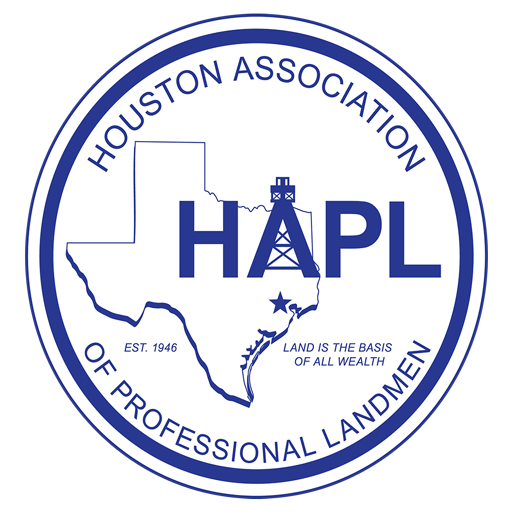Chip Groat is Director of the Center for International Energy and Environmental Policy, Associate Director of the Energy Institute, and Director and Graduate Advisor of the Energy and Earth Resources Graduate Program. He holds the John A. and Katherine G. Jackson Chair in Energy and Mineral Resources in the Department ...
Chip Groat is Director of the Center for International Energy and Environmental Policy, Associate Director of the Energy Institute, and Director and Graduate Advisor of the Energy and Earth Resources Graduate Program. He holds the John A. and Katherine G. Jackson Chair in Energy and Mineral Resources in the Department of Geological Sciences, Jackson School of Geosciences, and is Professor, LBJ School of Public Affairs at The University of Texas at Austin. He assumed these positions in June 2005 after serving 6 ½ years as Director of the U.S. Geological Survey, having been appointed by President Clinton and retained by President Bush. He served as interim dean of the Jackson School of Geosciences at UT from July 2008 to August 2009. Prior to his position with the U.S. Geological Survey, he was Associate Vice President for Research and Sponsored Projects at The University of Texas at El Paso following a term as Director of the Center for Environmental Resource Management and Professor of Geological Sciences there. His previous experience includes Associate Director and Acting Director of the Bureau of Economic Geology and Associate Professor of Geological Sciences at The University of Texas at Austin; Chairman of the Department of Geological Sciences at The University of Texas at El Paso; State Geologist and Director of the Louisiana Geological Survey; Assistant to the Secretary of the Louisiana Department of Natural Resources administering the Coastal Zone Management and Coastal Protection programs; Professor of Geology and Geophysics and Director of the Center for Coastal, Energy and Environmental Resources at Louisiana State University; and Executive Director of the American Geological Institute. He has been a member of the National Research Council Board on Earth Sciences and Resources and the Outer Continental Shelf Policy Board. He is a past President of the Association of American State Geologists and of the Energy Minerals Division and Division of Environmental Geosciences of the American Association of Petroleum Geologists. His degrees in geology are from the University of Rochester (A.B.), University of Massachusetts (M.S.), and The University of Texas at Austin (Ph.D.) His current interests focus on advancing the role of science and engineering in shaping policy and informing decisions, and on ways to increase the integration of the science disciplines as a means of improving the understanding of complex resource and environmental systems.
TOPIC: Shale Gas Development: If the Goal is Fact-Based Regulation, What Are the Facts?
The term “fracing” has become the lightning rod for environmental concerns related to the development of the vast shale gas resources in the United States and the world. This initiative is focused on, but not limited to, compiling specific concerns that have been raised about fracing and determining which ones have been investigated and verified and which ones have not. For those that have been authenticated, we are seeking information on the part of the development and production process that actually caused the problem. Based on separating facts from perceptions and misrepresentations, we will formulate recommendations regarding ways to ensure that policies, regulations, and public opinions reflect actual conditions and impacts.
Seismicity and air quality impacts are also being addressed. The goal is to promote a regulatory framework that is grounded in scientific understanding and to achieve effective communication of fact-based assessments of environmental impacts.
